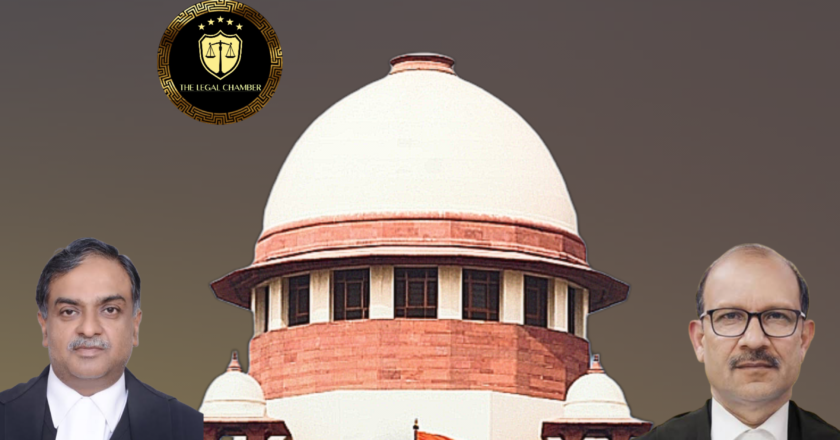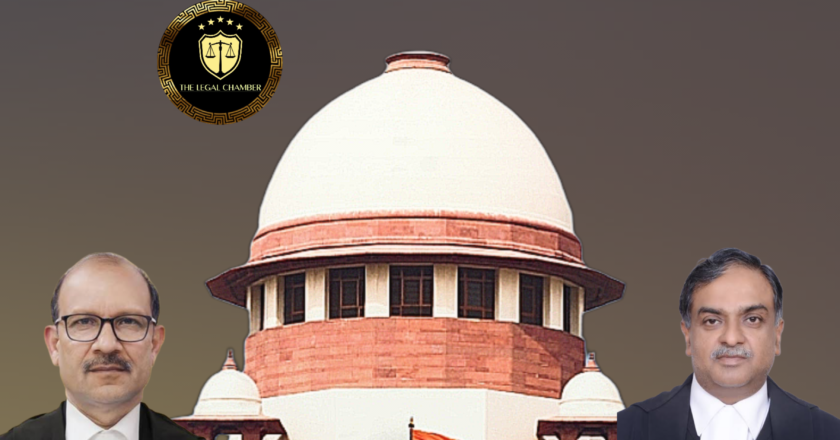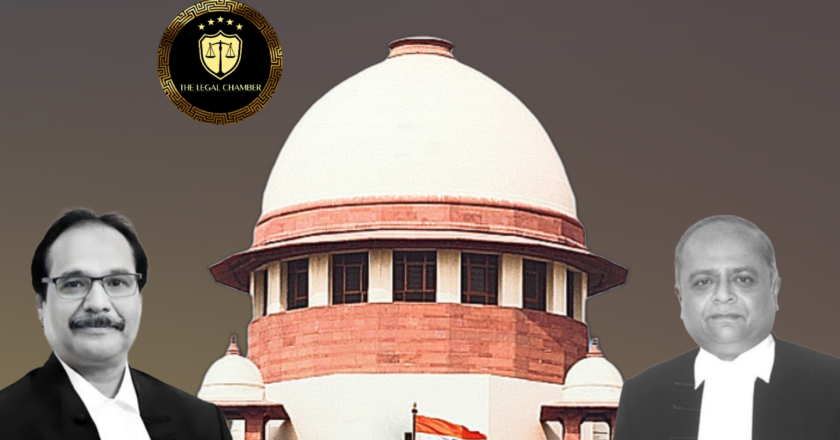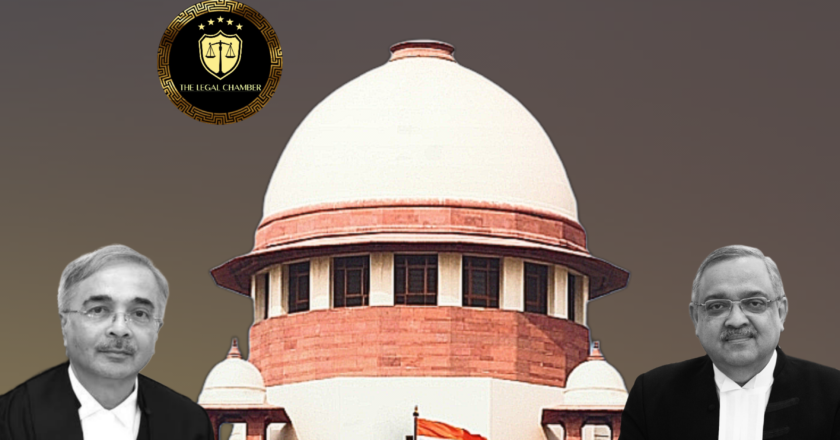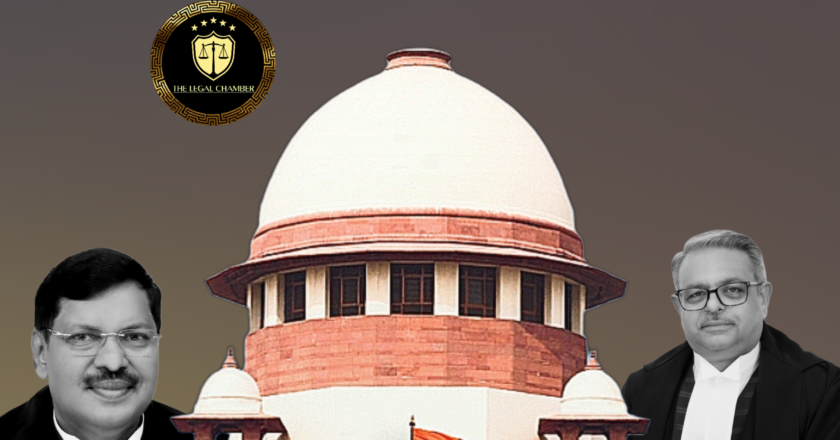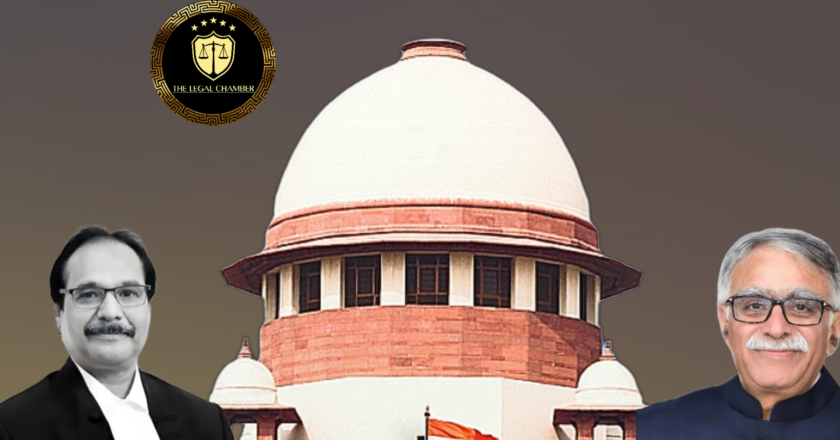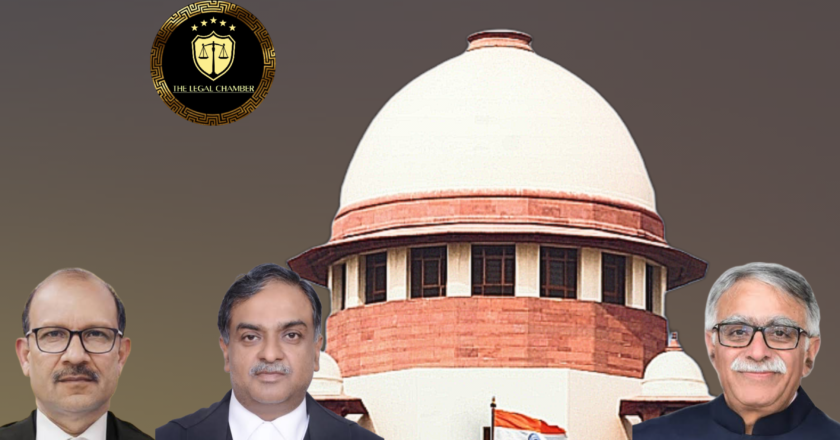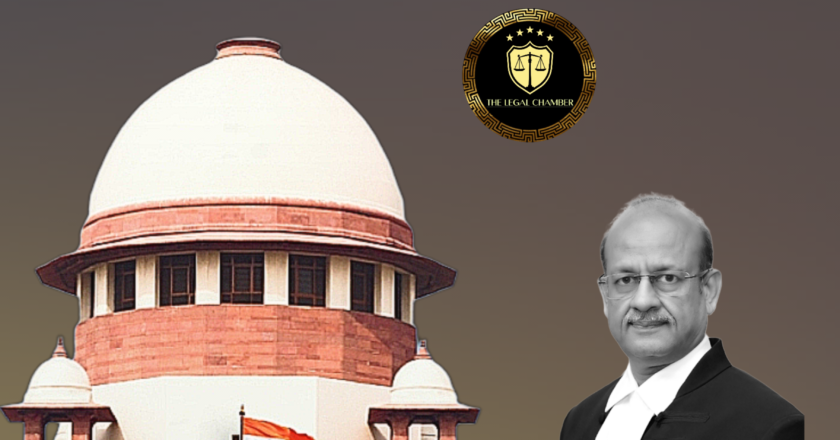Public vs. Private Wrong: Supreme Court Explains Why Bank Fraud Cases Can’t Be Quashed Just Because Bank Settled
The Supreme Court held that criminal proceedings involving serious economic offences, especially those under the Prevention of Corruption Act, cannot be quashed merely because a financial settlement or one-time settlement has been reached with the bank. Such offences constitute a crime against society at large, and quashing would be contrary to the interests of justice.
Facts Of The Case:
An FIR was registered in 2015 following a complaint by the State Bank of Bikaner and Jaipur. The bank alleged that M/s Sarvodaya Highways Ltd. had fraudulently secured credit facilities of ₹60 crores by submitting fabricated work orders and financial statements to project a false financial standing. An internal inquiry later declared the account a Non-Performing Asset, uncovering an alleged fraud of...
